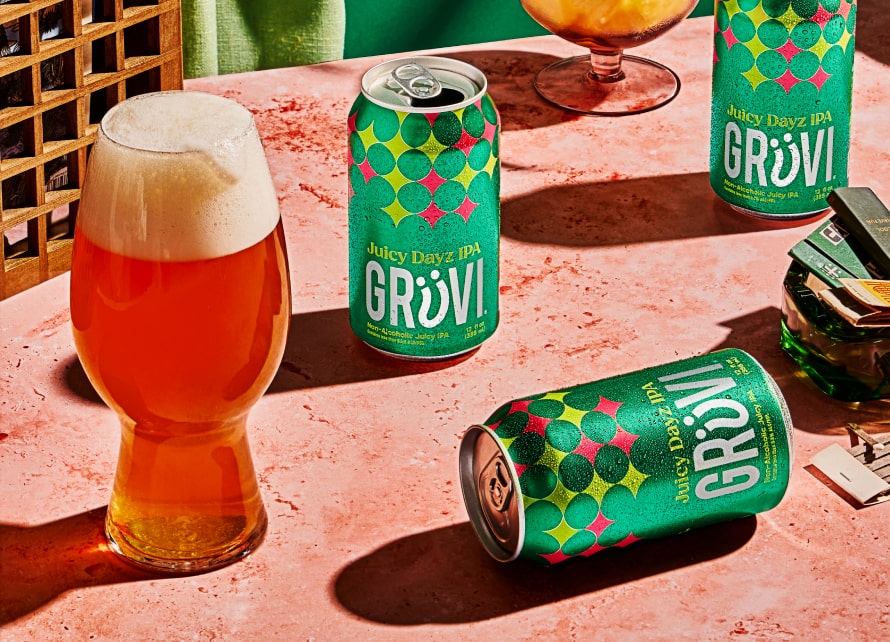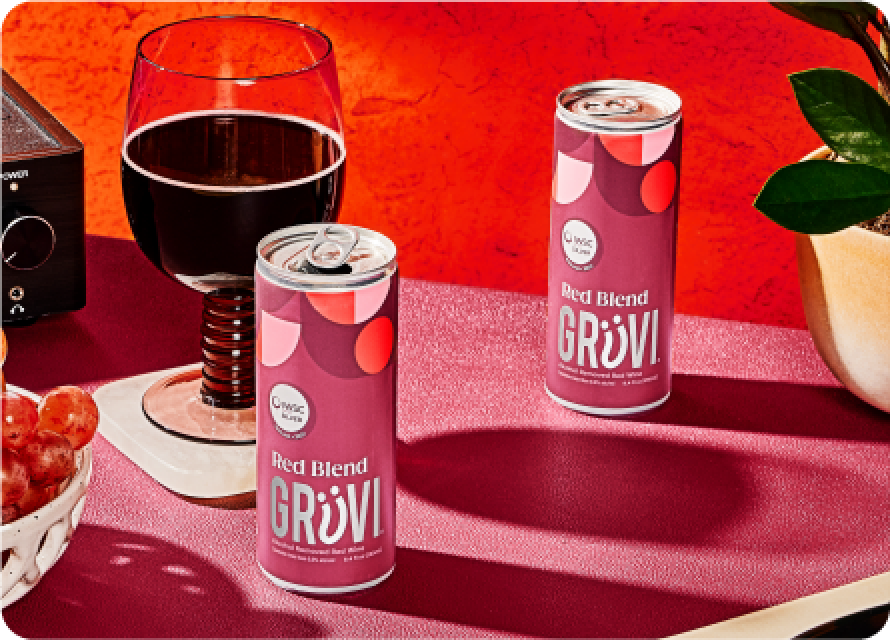1. Expressing gratitude can improve your mood.
People who regularly express gratitude for the positive things in their life are shown to be happier overall, leading to lower rates of stress and depression.
Studies have shown that gratitude reduces social comparisons. Rather than becoming resentful toward people who have more money or better jobs—a major factor in reduced self-esteem—grateful people are able to appreciate other people’s accomplishments.
2. Showing gratitude can make you more optimistic.
Studies show that those who express gratitude regularly appear to have a more positive outlook on life. Gratitude also reduces a multitude of toxic emotions, from envy and resentment to frustration and regret.
Robert Emmons, a leading gratitude researcher, has conducted multiple studies on the link between gratitude and well-being. His research confirms that gratitude effectively increases happiness and reduces depression.






